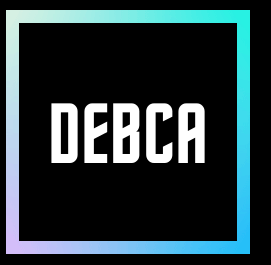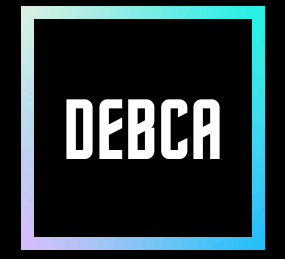What is the difference between a web app and a website?
While the term “website” is generally used for both websites and web apps there is a distinction between the two that is worth noting.
To explain this distinction, let us compare 2 online profiles, i.e. a digital marketing agency that “sells” digital marketing services like SEO and PPC and a company selling office furniture.
The digital marketing agency provides the user with information about their service offering, an introduction to their team, contact information and some client testimonials. If the user wishes to purchase any of these services, they would contact or meet with the Agency, request a proposal and if happy with the terms, they may agree to contract.
In this example we find that the content is purely informational, there is very limited interactivity with the content and the content is mostly static. These characteristics are typically what defines a website.
Now let’s take a look at the office furniture seller. In this example you can learn more about the product, find out about the company, and place an order. As part of the order placement process you can customise your product to suit your requirements, create an account and checkout. As a user you are interacting with the solution, manipulating the content and getting a result that is unique to you based on the parameters that you have entered. The level of interactivity and bi-directional flow of data is what makes this more of a web app as opposed to a website.
So to summarise, a website:
- Is primarily created for the purposes of providing users with information.
- There is limited, or no interaction with the web pages. Interactions typical for a website include newsletter signups, contact form submissions or search.
- Presents the user with digital content in the form of images, video, and audio.
- Primarily static, meaning every user sees the same content.
A web application on the other hand:
- Is a solution that is built to provide an interactive experience specific to the individual using it.
- Allows users to interact and manipulate the data and presents different information based on this interaction.
The above differences are by no means exhaustive as there are other differences as well that I have not covered, for example:
- The function of a web app is a lot more complex than a website.
- Integrations for web apps is a lot more complex because of the richer feature set available.
- A web app typically requires some form of authentication to allow the user to perform certain tasks.
While there are many factors that distinguish a website from a webs app, the primary distinction between the two is user intent, i.e. a website user is focussed on consuming information whereas a web app user is primarily interested in interacting with the system.


